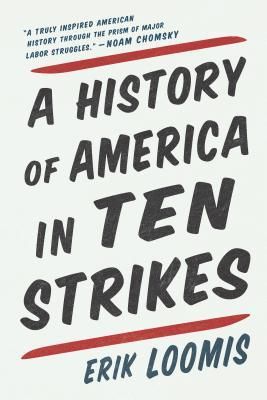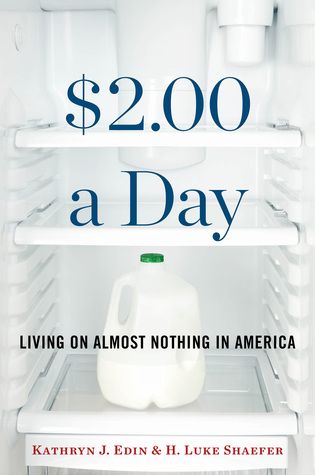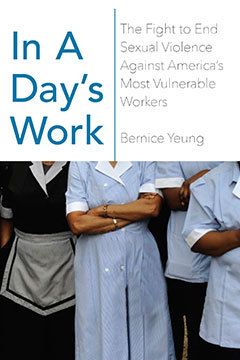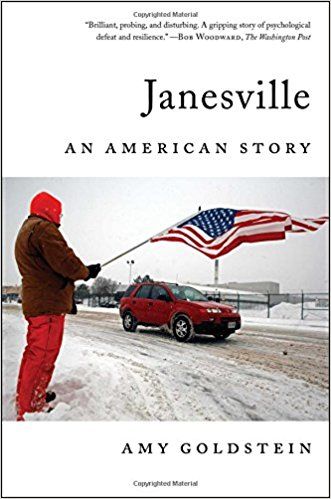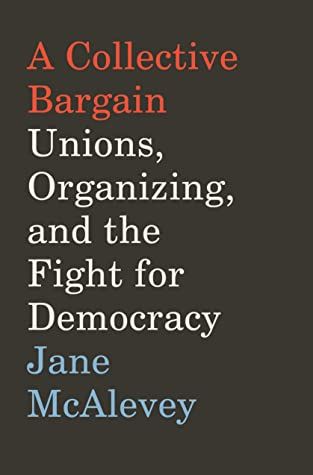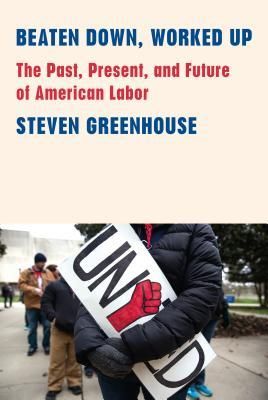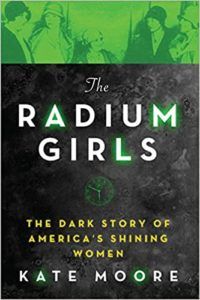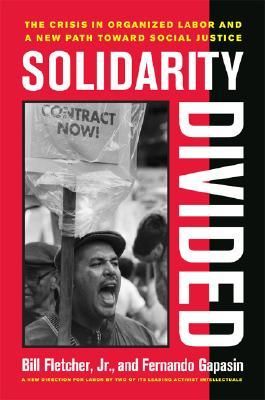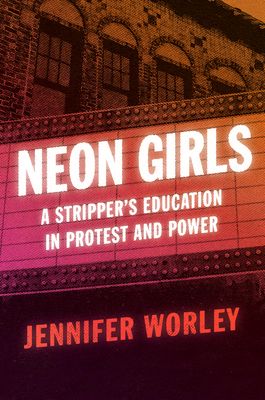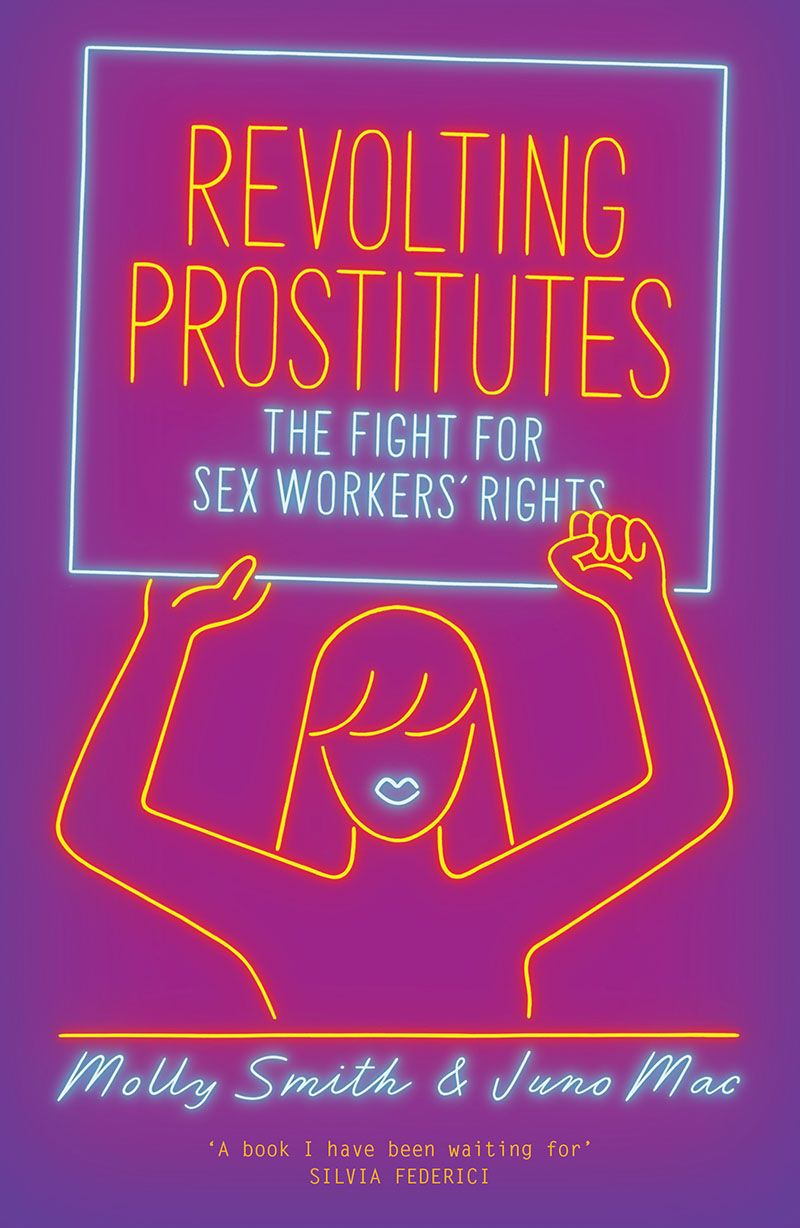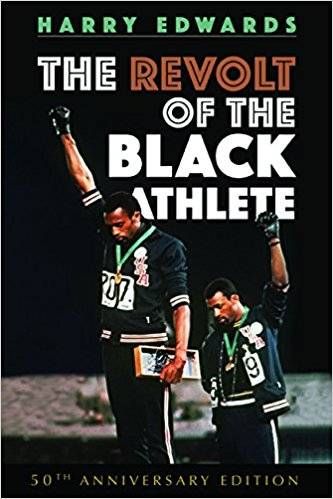Currently, our country is suffering from a crisis of unemployment and inequality. Wages have been stagnant for years. Freelance, gig, and contract work is a growing sector in the economy, but these workers remain mostly unprotected. The Federal minimum wage is $7.25/hour, but Jeff Bezos is worth $182 billion. During a pandemic that has killed nearly 300,000 Americans, supervisors at a Tyson Foods meatpacking plant were taking bets on how many employees would get COVID-19. Hazard pay for essential workers has mostly run out, and as essential workers in groceries and factories continue to put themselves in harm’s way, the extra money has not been reinstated. This year, while companies have made record-breaking profits from the pandemic, employers refuse to raise wages. The pandemic has just highlighted the inequality that plagues this country. It was a growing inevitability that capitalism would create a system so unbalanced that while some Americans are worth billions of dollars, others do not have adequate food, housing, or healthcare. This is why we need unions, and why we need to educate ourselves about the labor movements from the past, so we can once again learn to fight for the equality we’re being denied today.
14 Must-Read Books About Unions, Organizing, and American Labor
That’s what labor historian Erik Loomis does in A History of America in Ten Strikes, which retells old stories through a new lens. America is a complex, fraught country, with a very bad history, so it’s sometimes hard to take any pleasure in its achievements. But Loomis, like my college history professor, wants us to see America through our labor movements—because we might have been told that Lincoln freed the slaves, but it was the collective action of slaves who just stopped working that was the actual act of freedom.
Kathryn Edin, a sociologist and professor at Johns Hopkins, started to notice that an increasing number of Americans were living in extreme poverty. Through research, she learned that there are 1.5 million American households living on $2.00 a day. Through interviews, she starts to learn how these American are surviving on virtually no wages. This is a scathing rebuke of our current wealth gap, and a shameful indictment on an economy that can produce such huge disparities in wealth.
In Bernice Yeung’s book, she tells the stories of some of the women who have fought back. Many of the women who step forward to report abuse are shoved aside by bureaucrats, indifference, or under- resourced government agencies; but there are stories of women who persist and beat the odds. No labor movement will ever be successful unless all workers are protected equally.
Janesville, Wisconsin, is Paul Ryan’s hometown, but that didn’t stop the General Motor’s plant from shutting down two days before Christmas in 2008. Many towns in the Midwest are built around one industry, and when that goes belly-up, so does the town. That’s what happened to Janesville. Virtually overnight a town lost its livelihood, and this book chronicles the toll it took on the working class, and how hard it is to rebuild after economic devastation.
Jane McAlevey is a fourth generation union activist, and a community organizer. She interviews workers around the country on how they are fighting back against an unequal system, and how collective movements are sometimes the most powerful method of communicating dissatisfaction and disgust in a racist, greedy system that does not have our best interests at heart.
Published in 2019, Beaten Down, Worked Up includes more recent strikes like the 2018 teachers’ strikes in West Virginia, the fight for the $15 minimum wage, and shows historical strikes that have forced big change in the labor landscape. Included are stories from Americans working for different companies and how they are empowered by unions.
In 1917, women went to work in factories, painting radium on items needed for the war. They asked if it was safe, and their company told them yes. Soon, they started to glow. As the years passed the women started to get mysterious deadly illnesses that were traced back to their work in the radium factories. Dying, but determined, the women who had been knowingly poisoned by their employers refused to give up without receiving justice.
The ’60s and ’70s were a raucous time for both the labor movement and civil rights, and that energy was very focused in Detroit. This is a wild book about a wild time in American history and in the labor movement. Within a few pages a man working for Chrysler shoots his boss, but is found not guilty by a judge and jury because the boss was determined to have it coming. Like I said, wild!
This is a memoir, but it is also an excellent example of what can happen when workers gather, plan, and demand change in the workplace. The union that the women started at the Lusty Lady was the first strippers’ union in the world.
This book is about the teachers who decided to strike despite their state’s attitude towards organized labor. The teachers’ strike started in West Virginia, and quickly inspired similar strikes in California, Virginia, and Colorado. A former teacher, Blanc was able to attend internal organizing meetings which provided a unique perspective on the movement.
This is a history of protests by Black athletes in the 1960s and 1970s and how their courage on a national stage perpetuated movements for change. It’s also the history of Black scholar-athletes who were met with disdain and racism at the schools they attended. This is the 50th anniversary edition, so there’s a new introduction and afterward that links the story of the ’60s and ’70s to present-day athlete protests. Unfortunately, not much has changed.
